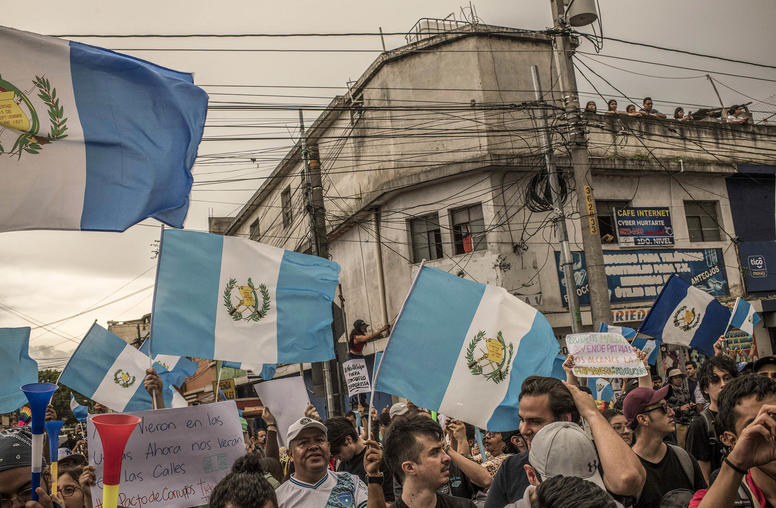Soft Power in a Sharp Power World: Countering Coercion and Information Warfare
A Bipartisan Congressional Dialogue with Rep. Francis Rooney (R-FL) and Rep. Don Beyer (D-VA)
Read the event coverageGlobal adversaries, especially states like Russia, China and Iran, use sharp power tools of coercion, disinformation and proxy campaigns to achieve their geopolitical goals and weaken Western influence. This new way of doing business threatens the post-Cold War stability that fostered peace, freedom and development around the globe.
Former U.S. ambassadors Rep. Francis Rooney (R-FL) and Rep. Don Beyer (D-VA) discussed their views on how soft power tools can and should be used to counter sharp power employed by global adversaries at USIP’s seventh Bipartisan Congressional Dialogue on Wednesday, November 28 from 9:00-10:00 a.m. Rep. Rooney is the vice chair of the House Foreign Affairs Committee and former U.S. ambassador to the Holy See. Rep. Beyer is the vice ranking member of the Science, Space and Technology Committee and former U.S. ambassador to Switzerland and Liechtenstein.
Join the conversation on Twitter with #BipartisanUSIP.
Speakers
Rep. Francis Rooney (R-FL)
19th Congressional District of Florida, U.S. House of Representatives
@RepRooney
Rep. Don Beyer (D-VA)
8th Congressional District of Virginia, U.S. House of Representatives
@RepDonBeyer
Nancy Lindborg, moderator
President, U.S. Institute of Peace
@nancylindborg



